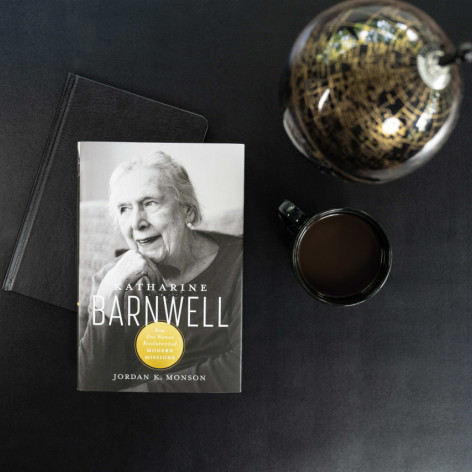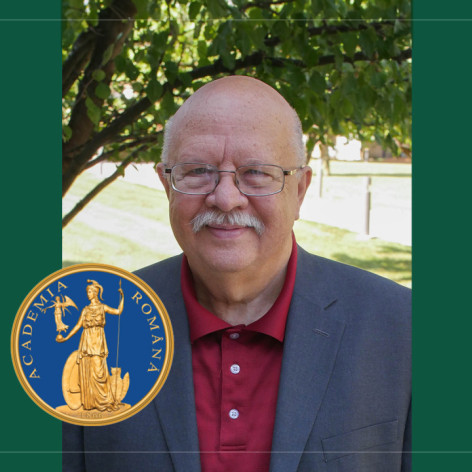Webb Publishes Academic Study of Conspiracy Theories

Dr. Jeffrey B. Webb, professor of history at Huntington University, has published a book-length academic study of conspiracy theories through Bloomsbury Academic as part of its popular Contemporary World Issues series. Titled Conspiracy Theories: A Reference Handbook, the book addresses problems and controversies surrounding conspiracy belief in the United States and throughout the world.
Key portions of the book explore the ancient and early modern tradition of conspiracy theories and their importance in different eras of U.S. history, including profiles of influential figures such as John Robison, Milton William Cooper and Alex Jones. The book also investigates the conspiracy theorists’ uses and misuses of logic and evidence in their accounts of events that appear to defy simple explanation. In addition, it surveys contemporary studies of conspiracy belief’s appeal among different groups defined by education, religious adherence, socio-economic status, political affiliation, geographical location, gender and other identifications.
“This book gave me the opportunity to think deeply about the current social, cultural and political moment in the United States,” said Webb. “I wanted to figure out how our public square became so contaminated by misinformation, disinformation and conspiracy narratives, but also to find reasons for hope that we can have a healthier and more constructive national conversation in the future.”
Readers will get an up-to-date discussion of the role of the internet and social media in the proliferation of conspiracy theories, including highlights from current research on 9/11 Trutherism, mass shooting "false flag" theories, anti-vaccination claims and QAnon. Readers will also follow the profusion of conspiracy theories in American popular culture, ranging from Richard Condon’s novel The Manchurian Candidate to Oliver Stone’s film JFK and finally to more recent content on YouTube and streaming on cable television.
The book engages the idea that conspiracy theories are a meaningful form of dissent, expressing the frustrations of those who are alienated and excluded by systems of authority. On the other hand, it details how conspiracy theories can incite hatred and violence, traumatize survivors of events like mass shooting and terrorist attacks and weaken the public’s trust in scientists, medical doctors and learned professionals of all kinds. Webb believes that every reader should be informed about the dangers of living into a possible future where evidence, proof and even truth itself no longer matter in establishing our beliefs and points of view.
“This title provides thoughtful context and perspective on today's conspiracy theories, and is a definite recommendation for academics, college students, and other serious readers,” said Booklist reviewer Art Lichtenstein.
Webb is editor of the award-winning, two-volume Conspiracies and Conspiracy Theories in American History (with Christopher R. Fee), 2 vols. (ABC-CLIO, 2019). He teaches courses in U.S. history and political science at Huntington University.



